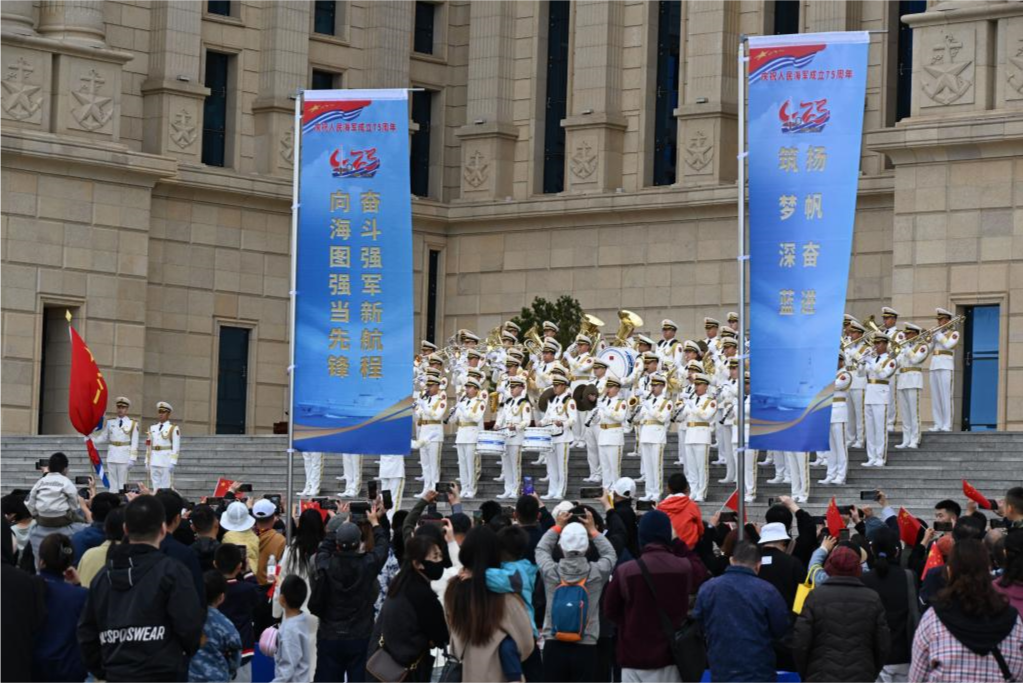EDITORIAL: Reform of WTO key to regaining dispute
Protecting a rules-based trade order is more crucial than ever as divisions that widen between countries enhance a growing global trend to link security and economics.
It is imperative to reinvigorate the functions of the World Trade Organization. The global trade governing body is supposed to play a central role in monitoring and enforcing international trade agreements and rules.
Japan needs to work with European democracies and like-minded countries to persuade the United States to shed its reluctance and join international efforts to revive the standing of the body.
The recent WTO Ministerial Conference, held from Feb. 26 to March 2 in the United Arab Emirates, made no notable progress. The divide between the United States and the Japan-Europe camp over reform of the dispute settlement system remains unfilled. The conference merely reconfirmed the goal of “having a fully and well-functioning dispute settlement system accessible to all Members by 2024.”
The Appellate Body, essentially the highest court within the WTO’s dispute settlement system, has basically not functioned since late 2019. This is because the United States has blocked the appointment of new judges since the Trump administration was in power.
Due to its aversion to restraints on its trade policy, Washington has long criticized the Appellate Body’s judicial activism as a “deviation” from its proper role.
With the core dispute settlement body halted for more than four years already, a total of 24 trade disputes remain left in limbo. The continued dysfunction of a system designed to resolve trade disputes based on rules of law is bound to have serious consequences.
The situation raises serious concerns about a further spread of unilateral trade measures that run counter to the WTO rules or political settlements driven by power disparities between countries. The current crisis of the WTO dispute settlement system must be overcome through meaningful debate among nations as soon as possible.
Much of the blame for the crisis rests with the United States. If it claims that the Appellate Body needs to be overhauled, it should present concrete proposals and take the initiative to break the impasse.
There are voices, not just from the United States, calling for streamlining conflict resolution procedures and a more flexible mediation mechanism. By starting from areas where there are no serious disagreements among countries, an effective effort should be made to build momentum toward a deal on reform.
Key issues concerning the WTO’s reform are not limited to dispute resolution. The body’s rule-making process has been stagnant for a long time, and there are numerous proposals for improvements in its decision-making approach and the management of its organization.
How to restrict trade policy actions that hinder fair trade under the guise of national security is also a vital challenge.
Japan has benefited significantly from the free trade system and should play a major role in efforts to revitalize the WTO.
However, the government has recently shown a stronger propensity to follow the U.S. lead in trade actions, such as restricting computer chip exports to China and creating supply chains for critical materials.
Although “economic security” is cited as a major justification for such moves, the WTO rules only allow for “measures necessary for the protection of its essential security interest” in emergencies or other international relations situations.
While some coordination with the United States on economic security is deemed necessary, if Japan takes stronger actions that could contribute to the WTO’s hollowing out, its advocacy for “enhanced functionality” of the global trade body will lose credibility.
At the very least, Japan needs to carefully examine the consistency between its trade policy and domestic and international rules. It is crucial for Japan not to take actions that shake the foundations for fair and open multilateral cooperation.
--The Asahi Shimbun, March 23
Related articles
Entire mall in Georgia is closed after 'shots are fired inside
The Augusta Mall in Georgia has been closed after gunshots were fired inside.Police were called at 12024-04-30
China hosts 19th Western Pacific Naval Symposium
A military band performs at the Chinese People's Liberation Army (PLA) Navy Museum to celebrate2024-04-30James Corden reunites with his Gavin & Stacey co
James Corden reunited with his Gavin & Stacey co-star Ruth Jones as the pair attended The Variet2024-04-30 A nationwide anti-bullying campaign will be launched in China, among wider efforts to ensure the saf2024-04-30
A nationwide anti-bullying campaign will be launched in China, among wider efforts to ensure the saf2024-04-30
At least 40 people die in Kenya after dam collapses
NAIROBI, Kenya (AP) — A dam collapsed in western Kenya early Monday, killing at least 45 people and2024-04-30
Top French diplomat arrives in Lebanon in attempt to broker a halt to Hezbollah
BEIRUT (AP) — French Foreign Minister Stéphane Séjourné arrived in Lebanon on Sunday as part of dipl2024-04-30

atest comment